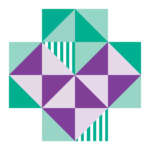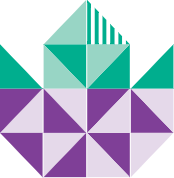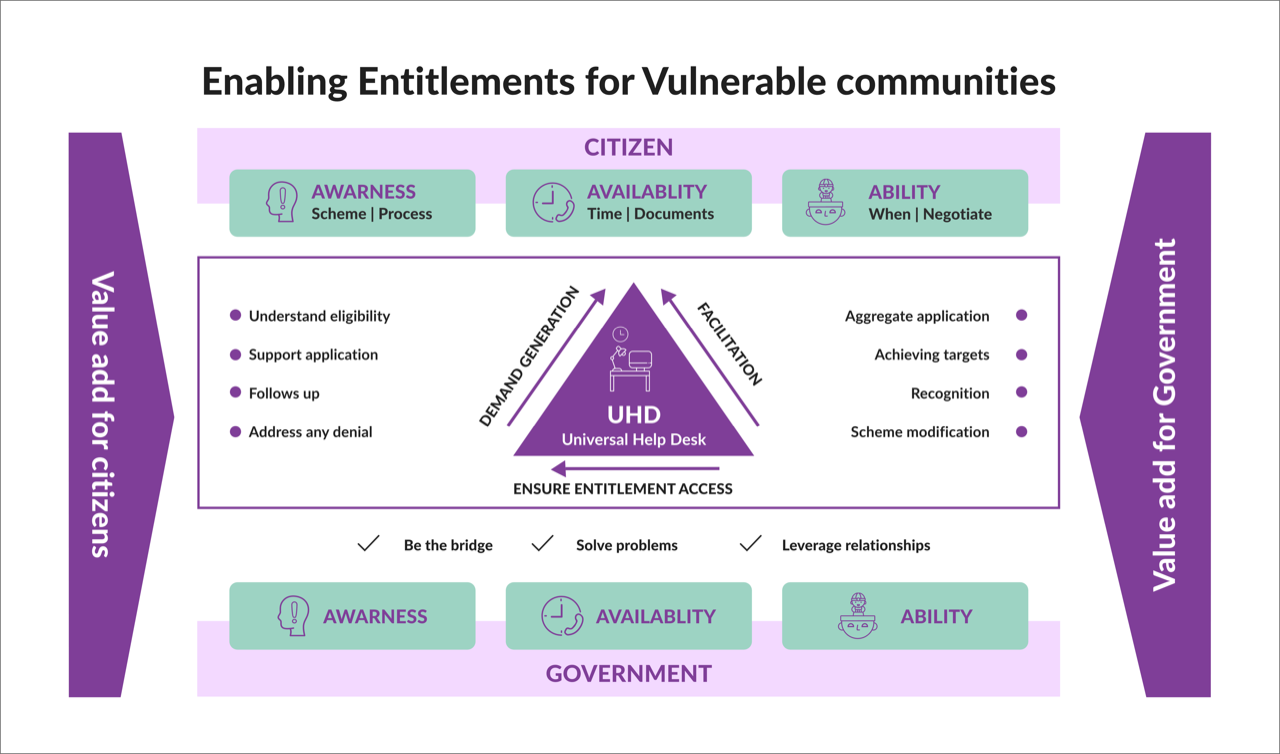Inspired by the Sustainable Rural Livelihood framework, Measure of Livelihoods is a participative monitoring tool for assessing livelihoods.
The tool has three parts:
- An iconised reference tool – which lets the community identify themselves with five kinds of persons within their village. The tool is derived from a series of indicators of five capitals, which are locally relevant.
- Detailed case studies of select families. Choice of families is based on analysis of data from the iconised reference tool.
- Understanding of the vulnerability context,which largely refers to factors affecting people’s livelihood and vulnerability.
The first part provides quantitative data and trends on how the five capitals behave within the project area. The second part provides the qualitative aspects, within the same sample, so that managers can take critical decisions such as re-strategising. The third part provides contextual information which validates the first and second part and also addresses the attributability of changes in livelihoods.
The tool has been used across multiple villages and has helped programmes assess the progress on outcomes easily. Please reach out to us for more information.





